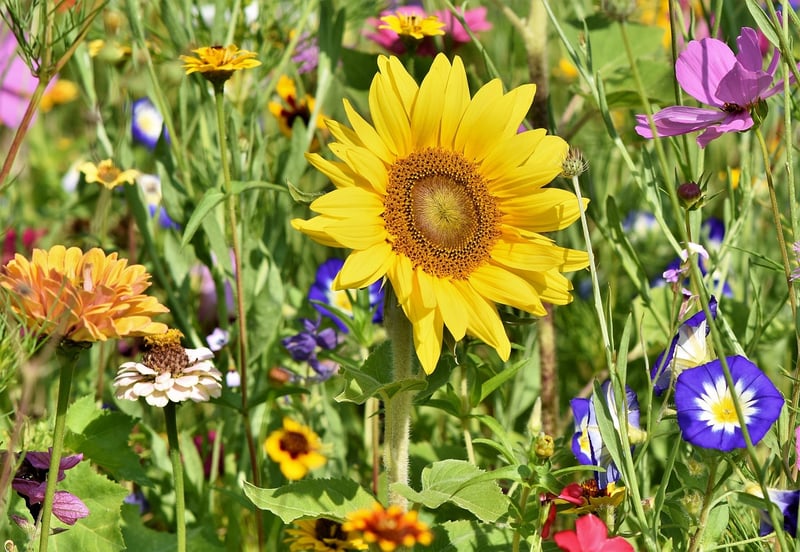Pest Control
Keeping Your Garden Healthy + Pest Control
Having a lush and thriving garden requires dedication and maintenance. In addition to watering and fertilizing, pest control is a crucial aspect of keeping your garden healthy. By implementing effective pest control methods, you can protect your plants from harmful insects and diseases, ensuring a bountiful harvest and beautiful blooms.
1. Start with Healthy Soil
Healthy soil is the foundation of a healthy garden. Ensure your soil is well-draining and rich in nutrients to support strong plant growth. Adding compost and organic matter can improve soil quality and provide essential nutrients for your plants.
2. Choose Resilient Plants
Selecting plants that are naturally resistant to pests and diseases can help reduce the need for chemical interventions. Research different plant varieties and choose ones that are well-suited to your garden's climate and conditions.
3. Practice Crop Rotation
Rotating your crops each season can help prevent the buildup of pests and diseases in the soil. By alternating plant families in different areas of your garden, you can disrupt pest life cycles and maintain a healthy growing environment.
4. Monitor Your Garden Regularly
Inspect your plants regularly for any signs of pest infestations or disease. Early detection can help prevent the spread of problems and enable you to take action before it's too late. Look for chewed leaves, discoloration, wilting, or unusual spots.
5. Use Natural Pest Control Methods
Instead of reaching for chemical pesticides, consider using natural pest control methods such as introducing beneficial insects, like ladybugs or lacewings, that feed on garden pests. You can also use insecticidal soaps, neem oil, or homemade remedies like garlic spray.
6. Practice Good Garden Hygiene
Keeping your garden clean and tidy can help prevent pest problems. Remove dead or diseased plant material, weeds, and debris that can harbor pests and diseases. Pruning and staking plants properly can also improve air circulation and reduce pest habitats.
7. Consider Companion Planting
Companion planting involves growing certain plants together to benefit each other in various ways, such as deterring pests or attracting beneficial insects. Research companion planting combinations to create a natural pest control system in your garden.

By following these tips and incorporating effective pest control methods into your gardening routine, you can maintain a healthy and thriving garden without relying on harmful chemicals. Enjoy the beauty of your garden while providing a safe and sustainable environment for your plants to grow.
Remember, a little prevention and care go a long way in keeping pests at bay and ensuring your garden flourishes throughout the season.
